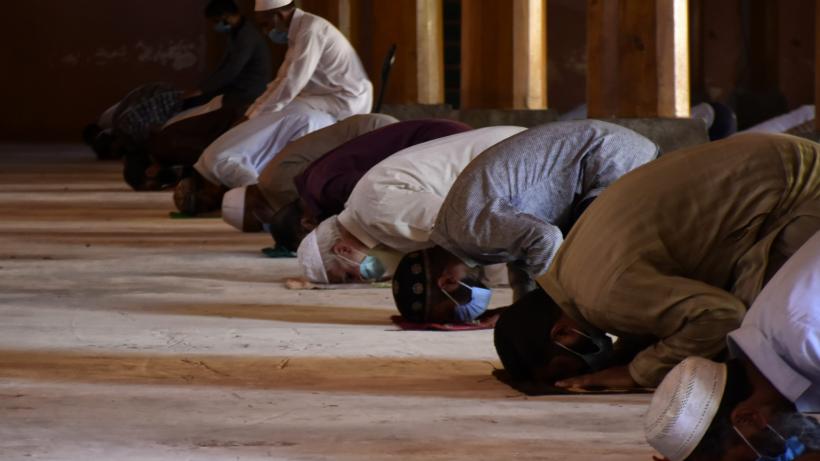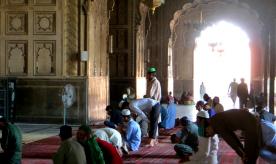State engagement with religious leaders for effective COVID-19 crisis response
With the outbreak of COVID-19, many Muslim countries throughout the world including Saudi Arabia, UAE, Malaysia, Turkey and Iran imposed restrictions on religious gatherings and congregations, including the mandatory Friday prayer.
In Pakistan, however, the state was unable to effectively negotiate with the religious leaderships and mosques remained open. In the government's negotiations with senior religious leadership, it was decided that congregational prayers will be allowed with strict social distancing protocols. However, government announcements and NGO reports have shown poor compliance with such protocols.
This study responds to this challenge by testing if outreach to religious leadership in Pakistan can enhance state effectiveness in dealing with the COVID-19 outbreak. Due to the state's limited capacity in enforcing rules directly, persuasion is the key in tackling the public health crisis. Expanding on pilot experiences, this study tests if messaging based on only secular or religious authority or a combination of both is effective in convincing community leaders.





